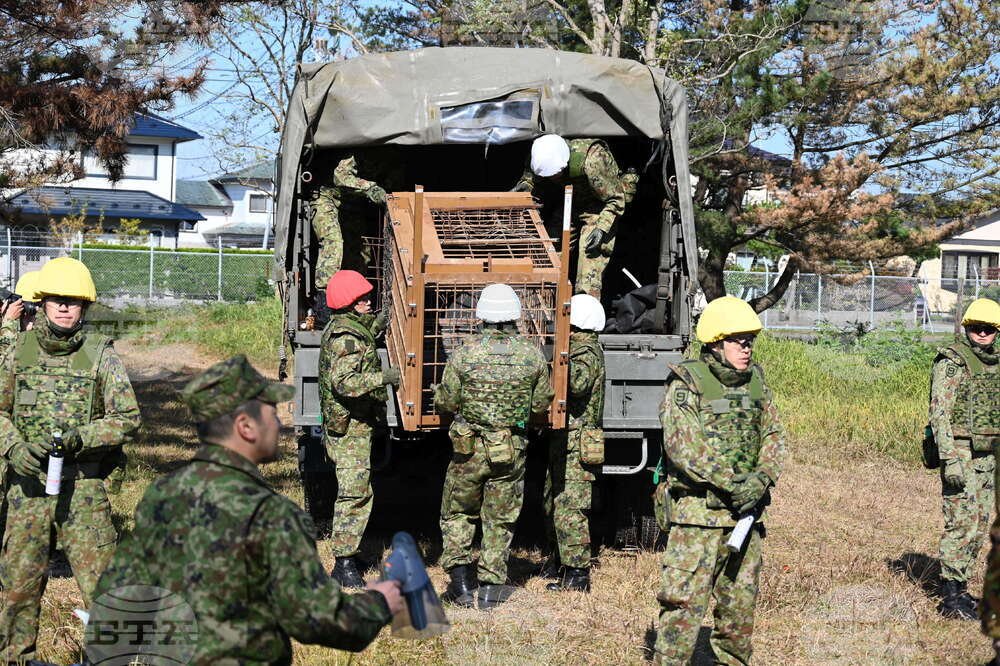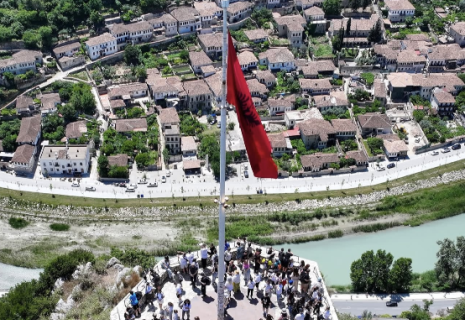
Japan deploys troops to tackle record bear attacks
Japan began deploying Self-Defense Force units today in a northern prefecture hit by a record number of bear attacks on humans, which have left 12 people dead and over 100 injured since April, AFP reported.
Due to strict Japanese gun laws, the soldiers will not be armed and will not hunt the animals. Instead, according to the Ministry of Defense, they will be equipped with bear spray, batons, shields, protective goggles, bulletproof vests, and nets to help keep residents safe, CE Report quotes BTA.
A shortage of food, particularly acorns, has driven some bears — whose population has been steadily growing across Japan — to enter towns and cities, especially in northern prefectures such as Akita and Iwate, experts say.
The depopulation of rural areas has also blurred the natural boundaries between human settlements and bear habitats, allowing the animals to expand their territory into residential zones, researchers believe.
The Japan Self-Defense Forces have agreed to provide logistical assistance to rural regions by transporting bear traps, moving hunters, and releasing captured animals back into the wild. Today, a unit of 15 soldiers was deployed to the city of Kazuno in Akita Prefecture to set up a bear trap.
The governor of Akita Prefecture, who has repeatedly warned that local authorities lack the resources to deal with the bears, thanked the troops for their support.
“By coordinating with local municipalities, I hope to assist their efforts,” said Suzuki at a ceremony marking the signing of an agreement that officially launched the military’s involvement.
Deputy Chief Cabinet Secretary Kei Saito stated that while the army’s main mission is national defense, it can also provide domestic assistance when necessary.
The government of Sanae Takaichi, which is trying to develop an action plan to address the crisis, held a special meeting last week and announced it would present the plan by mid-November. The plan will include increasing the number of licensed hunters who can respond in emergencies when a bear is sighted in a residential area.
The government also plans to authorize police officers and local officials with hunting licenses to take part in bear control operations.























